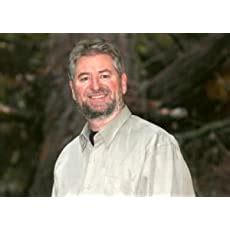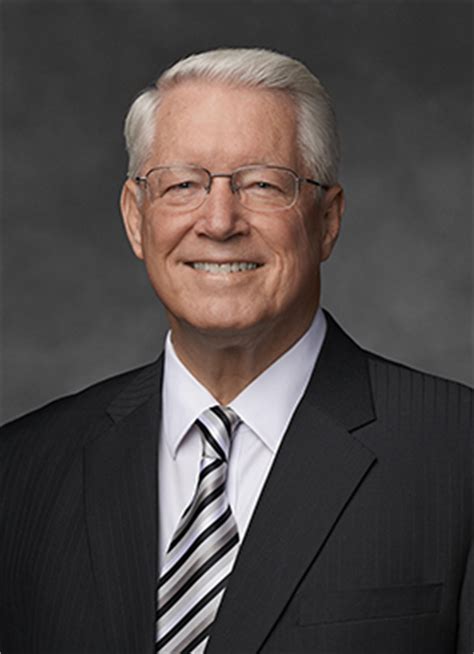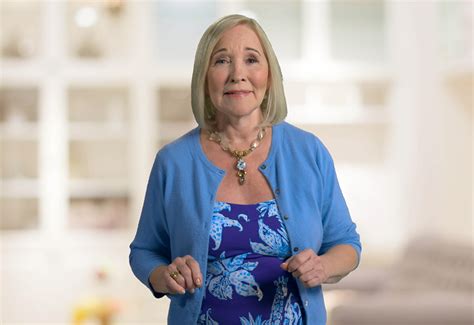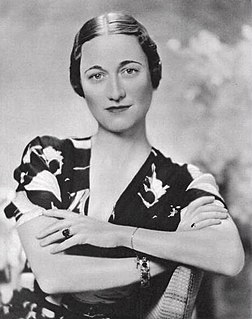A Quote by Alan Briskin
Wisdom is not developable, as if it's a matter of luck or personality or genetics. Well it's just not the case. Wisdom involves our accumulated knowledge about a subject but also a reverence for life, for an understanding that our immediate actions have long-term consequences, and for an appreciation that there are different ways of knowing and understanding situations.
Quote Topics
About
Actions
Also
Appreciation
Case
Consequences
Different
Different Way
Different Ways
Genetics
Immediate
Immediate Action
Involves
Just
Knowing
Knowing And Understanding
Knowledge
Life
Long
Long-Term
Luck
Matter
Our
Personality
Reverence
Reverence For Life
Situations
Subject
Term
Understanding
Ways
Well
Wisdom
Related Quotes
Wisdom and knowledge can best be understood together. Knowledge is learning, the power of the mind to understand and describe the universe. Wisdom is knowing how to apply knowledge and how not to apply it. Knowledge is knowing what to say; wisdom is knowing whether or not to say it. Knowledge gives answers; wisdom asks questions. Knowledge can be taught, wisdom grows from experience.
You can use reading as a food for the ego. It is very subtle. You can become knowledgeable; then it is dangerous and harmful. Then you are poisoning yourself, because knowledge is not knowing, knowledge is not wisdom. Wisdom has nothing to do with knowledge. Wisdom can exist in total ignorance also. If you use reading just as a food for the mind, to increase your memory, then you are in a wrong direction. But reading can be used in a different way; then reading is as beautiful as anything else in life
Everyone recognizes a distinction between knowledge and wisdom. . . Wisdom is a kind of knowledge. It is knowledge of the nature, career, and consequences of human values. Since these cannot be separated from the human organism and the social scene, the moral ways of man cannot be understood without knowledge of the ways of things and institutions.
Understanding a theory has, indeed, much in common with understanding a human personality. We may know or understand a man's system of dispositions pretty well; that is to say, we may be able to predict how he would act in a number of different situations. But since there are infinitely many possible situations, of infinite variety, a full understanding of a man's dispositions does not seem to be possible.
Wisdom is not just knowing fundamental truths, if these are unconnected with the guidance of life or with a perspective on its meaning. If the deep truths physicists describe about the origin and functioning of the universe have little practical import and do not change our picture of the meaning of the universe and our place within it, then knowing them would not count as wisdom.
All this was mine; but I was a long time learning that wisdom and experience are things apart; that to taste life is not to be confused with understanding what life is really all about. The shared experiences, the wisdom so freely proffered by others, in words and in example, rarely swayed me for long. Came another day and the import was gone, and only the echo of the laughter remained. Experience was a revolving sun in the warmth of which I was content to bask.

































